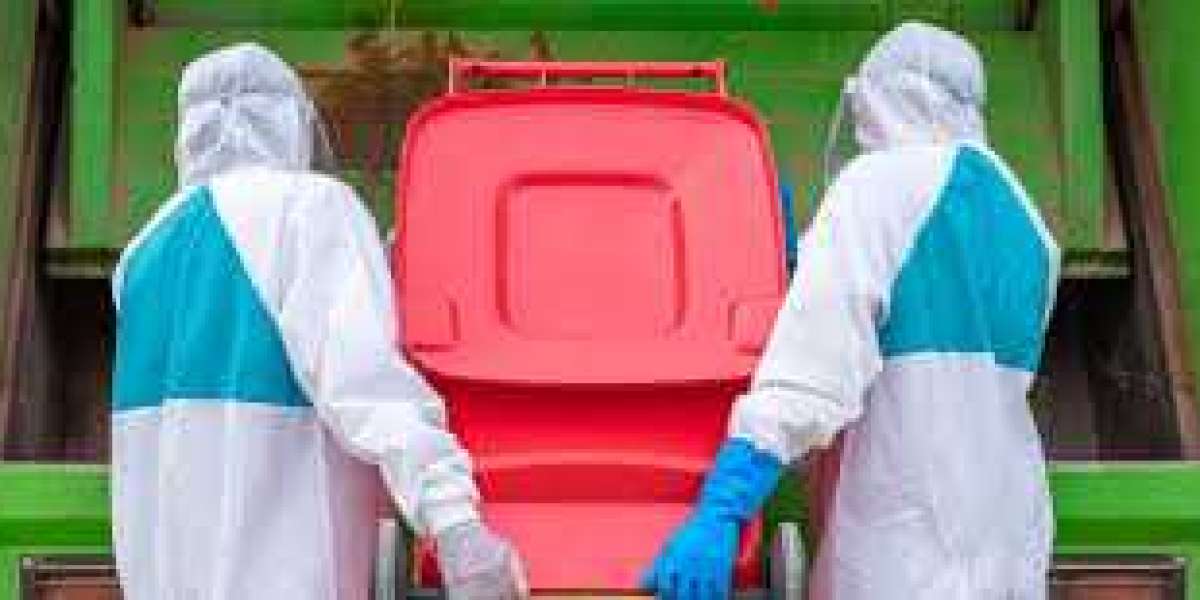Healthcare providers in Washington DC play a crucial role in managing medical waste to ensure the safety of their patients, staff, and the environment. Working with a reputable medical waste disposal company in Washington DC is essential for compliance with regulations and for maintaining a clean and safe healthcare setting. Adhering to best practices for medical waste disposal can prevent contamination, reduce the risk of infections, and ensure proper disposal of hazardous materials. Below are key best practices healthcare providers should follow when managing medical waste.
1. Understand the Different Types of Medical Waste
- The first step in effective medical waste management is recognizing the different types of waste generated in healthcare settings. Medical waste can generally be categorized into infectious waste, hazardous waste, sharps waste, and pharmaceutical waste. Healthcare providers must understand the specific requirements for disposing of each type, as different materials require different handling and disposal methods. For instance, sharps like needles and scalpels must be disposed of in puncture-resistant containers, while infectious waste requires special biohazard disposal procedures.
2. Implement Segregation Practices
- One of the most critical steps in medical waste management is waste segregation. Healthcare providers should have designated containers for each type of waste, clearly labeled and easily accessible. Proper segregation at the point of generation ensures that medical waste is not mixed, reducing the risk of contamination. Staff should be trained to dispose of materials correctly from the outset, avoiding the costly and unsafe practice of having to sort through waste after it has been collected.
3. Use Approved Containers and Packaging
- Medical waste must be disposed of in approved containers that are designed to safely hold and transport hazardous materials. For example, sharps must be placed in rigid, puncture-proof containers, while biohazardous materials should be stored in leak-proof, clearly labeled bags or bins. Ensuring that containers meet regulatory standards is crucial for preventing accidents and minimizing exposure to harmful substances.
4. Ensure Compliance with Local Regulations
- Washington DC has specific regulations for medical waste disposal that healthcare providers must comply with. These regulations are set by the District of Columbia Department of Health and align with federal standards established by the Environmental Protection Agency (EPA) and the Occupational Safety and Health Administration (OSHA). A reliable medical waste disposal company in Washington DC can help healthcare providers navigate these regulations and ensure that their disposal practices are compliant.
5. Partner with a Licensed Medical Waste Disposal Company
- Working with a licensed and reputable medical waste disposal company in Washington DC is essential to ensure proper and timely disposal. These companies have the expertise and resources to handle medical waste safely, provide documentation of waste disposal, and help healthcare providers maintain compliance with local and federal laws. They also offer services like regular pickups, recycling options, and emergency waste disposal to support healthcare facilities in managing their waste effectively.
6. Conduct Regular Staff Training
- Proper handling of medical waste begins with staff education. Healthcare providers should ensure that all personnel are trained on the types of waste they handle, as well as the correct procedures for storage, handling, and disposal. Regular training sessions should be scheduled to keep staff updated on the latest waste management protocols and regulatory changes. A well-trained team will reduce the risk of mishandling and ensure that best practices are followed at all times.
For healthcare providers in Washington DC, implementing medical waste disposal best practices is vital for maintaining a safe and compliant facility. By understanding the types of waste, ensuring proper segregation and packaging, partnering with a reputable disposal company, and training staff, healthcare providers can minimize risks and protect public health. Proper waste disposal not only ensures compliance with regulations but also promotes environmental sustainability and the overall well-being of the community.



